Handmade vs. Industrial Ceramics: What to Choose for Your Home?
In the vast world of ceramics, the choice between handcrafted pieces and industrial productions is a dilemma that many people face when they decide to furnish or renovate their home. Ceramics, a thousand-year-old art that has its roots in the history of humanity, continues to be a fundamental element in furnishing and decorating domestic environments. In particular, the ceramic tradition of Caltagirone represents an Italian excellence recognized throughout the world for its extraordinary artistic and artisanal quality.
The historical roots of Caltagirone ceramics
Caltagirone ceramics boasts a thousand-year-old tradition that dates back to the time of Arab domination in Sicily. This noble art has evolved over time, keeping intact the traditional manufacturing techniques that still characterize the most valuable artifacts today. The artisans of Caltagirone have been able to preserve the authenticity of their creations, skillfully combining tradition and innovation.
The production process: two worlds compared
The fundamental difference between artisanal and industrial ceramics lies in the production process. While the former are shaped by the expert hands of artisans, who dedicate time and attention to each individual piece, the latter are the result of automated processes that guarantee standardized production on a large scale.
Artisanal production
In the artisan workshop, each phase of the process is carried out manually: from the choice of clay to modelling, from decoration to firing. This process requires skill, patience and a deep knowledge of the materials. Each piece tells a unique story and carries with it small imperfections that attest to its authenticity.
an example of handcrafted Sicilian pine cone.
Industrial production
In the industrial context, sophisticated machinery and automated production lines ensure rapid and efficient production. Standardization ensures uniformity and precision, but sacrifices the uniqueness that characterizes handcrafted pieces.
Advantages of handcrafted ceramics
Hand-made ceramics offer numerous advantages that make them particularly popular:
- Uniqueness : Each piece is the result of the creativity and skill of the craftsman, making each object unrepeatable. The natural imperfections of manual work add charm and character, distinguishing it from industrial products.
- Personalization : Craftsmen can adapt shapes, colors and decorations to the specific needs of the customer. This allows them to create custom-made objects that reflect personal taste and integrate perfectly into the desired environments.
- Superior quality of materials used : The craftsmen carefully choose high-quality materials, often local, ensuring durability and resistance over time. Manual processing allows for detailed control over each stage of production.
- Artistic and cultural value : Artisanal ceramics tell stories and traditions, often rooted in local culture. Buying a handcrafted piece means taking a fragment of history with you and celebrating artistic heritage.
- Environmental sustainability : Artisanal production tends to have less of an impact on the environment than industrial production. Artisans use traditional techniques that reduce waste and energy consumption, promoting a more responsible approach.
- Support for the local economy : Investing in artisanal ceramics means supporting small producers and local communities. This promotes the economic growth of the area and preserves traditional crafts that risk disappearing.
- Durability over time : Thanks to the quality of the materials and the care in the workmanship, artisanal ceramics are often more resistant than industrial products, reducing the need for frequent replacements.
- Unique aesthetics : Handcrafted ceramics stand out for their original design and ability to create welcoming and refined atmospheres. They are perfect for enriching any space with a touch of elegance.

Advantages of industrial ceramics
Industrial ceramics, produced on a large scale, offer a number of advantages that make them a practical and convenient choice for many needs:
- More affordable prices : Thanks to automated production and high volumes, production costs are reduced, allowing us to offer products at competitive prices. This makes them ideal for those looking for economical solutions without sacrificing functionality.
- Greater immediate availability : Large-scale production ensures a wide availability of products ready for purchase. Waiting times are reduced to a minimum, making industrial ceramics perfect for projects that require speed.
- Aesthetic uniformity : Machined processing ensures precision and aesthetic consistency between pieces. This feature is particularly useful in contexts that require a homogeneous appearance, such as flooring or coverings of large surfaces.
- Standardized resistance : Industrial processes ensure uniform technical properties, such as resistance to impacts, abrasions and chemical agents. This makes industrial ceramics suitable for high-intensity use contexts, such as public and commercial spaces.
- Wide range of formats and sizes : Industrial production offers a wide variety of options in terms of dimensions, thicknesses and finishes. This versatility allows it to meet different needs, adapting to architectural and decorative projects of all kinds.
- Ease of Replacement : Product standardization makes it easy to find identical parts to replace those that are damaged or worn out over time. This reduces the cost and complexity of repairs or maintenance.
- Technological innovation : Industrial ceramics often incorporate advanced technologies, such as scratch-resistant, stain-resistant or antibacterial treatments. These improvements add functional value to the products, making them perform better in specific environments.
- Stylistic versatility : Despite automated production, industrial ceramics offer a wide variety of designs and finishes, including effects that simulate natural materials such as wood or stone. This allows them to adapt to different aesthetic preferences.

Thanks to these advantages, industrial ceramics represent a practical and economical solution for those looking for reliable and functional products without giving up a wide range of aesthetic and technical possibilities.
How to choose the best solution
The choice between artisanal and industrial ceramics depends on a series of factors that must be carefully evaluated to ensure that the product fully satisfies aesthetic, functional and economic needs. Here is an expansion of the main aspects to consider:
Available budget
Budget is often the first thing to consider. Artisanal ceramics tend to have a higher cost, justified by the quality of the materials, the manual work and the uniqueness of the product. They are ideal for those who want to invest in exclusive and long-lasting pieces. On the contrary, industrial ceramics offer more economical solutions, perfect for projects that require large quantities of material or that must respect spending limits.
Intended use
The intended use plays a crucial role in the choice. For spaces that require durability and uniformity, such as commercial floors or high-traffic bathrooms, industrial ceramics are often the best choice due to their standardized technical characteristics. Artisan ceramics, on the other hand, are ideal for environments where aesthetics and artistic value are a priority, such as living rooms, kitchens or exhibition spaces.

Environment style
The style of the space is another determining factor. If you want to create a unique and refined atmosphere, artisanal ceramics offer an endless variety of personalized designs and artistic details. For modern and minimalist spaces, industrial ceramics can provide clean and uniform finishes that integrate perfectly with contemporary lines.
Realization times
Timing can significantly influence the choice. Artisanal ceramics require longer production times due to manual workmanship and customization. If the project has tight deadlines, industrial ceramics are a faster solution due to their immediate availability.
Customization needs
If you want a unique and custom-made product, artisanal ceramics are unbeatable. Artisans can adapt the shape, colors and decorations to the specific requests of the customer. Industrial ceramics offer less flexibility in this sense, but compensate with a wide range of pre-defined options that can satisfy multiple tastes.
Conclusions
Both artisanal and industrial ceramics have their place in the contemporary market. The choice will depend on the specific needs and personal preferences. For those looking for unique pieces of great artistic value, the artisanal ceramics of Caltagirone are undoubtedly the ideal choice.
Discover our collection of handcrafted ceramics on ceramichesofia.it, where tradition and innovation blend together to create unique pieces that will enrich your home with authenticity and style.
FAQ
- How long does it take to make a handcrafted ceramic? Making a handcrafted piece can take anywhere from a few days to several weeks, depending on the complexity of the work.
- Are artisanal ceramics more delicate than industrial ones? Not necessarily. The quality of the materials and the care in the workmanship can make artisanal ceramics just as resistant.
- Is it possible to customize a handmade ceramic? Yes, artisans can create custom pieces according to the specific requests of the customer.
- How do you recognize authentic handmade ceramics? Handmade ceramics have small variations that attest to their uniqueness and are often signed by the craftsman.
- Can industrial ceramics imitate artisanal ones? Despite technological advances, industrial ceramics cannot fully replicate the unique character of artisanal pieces.


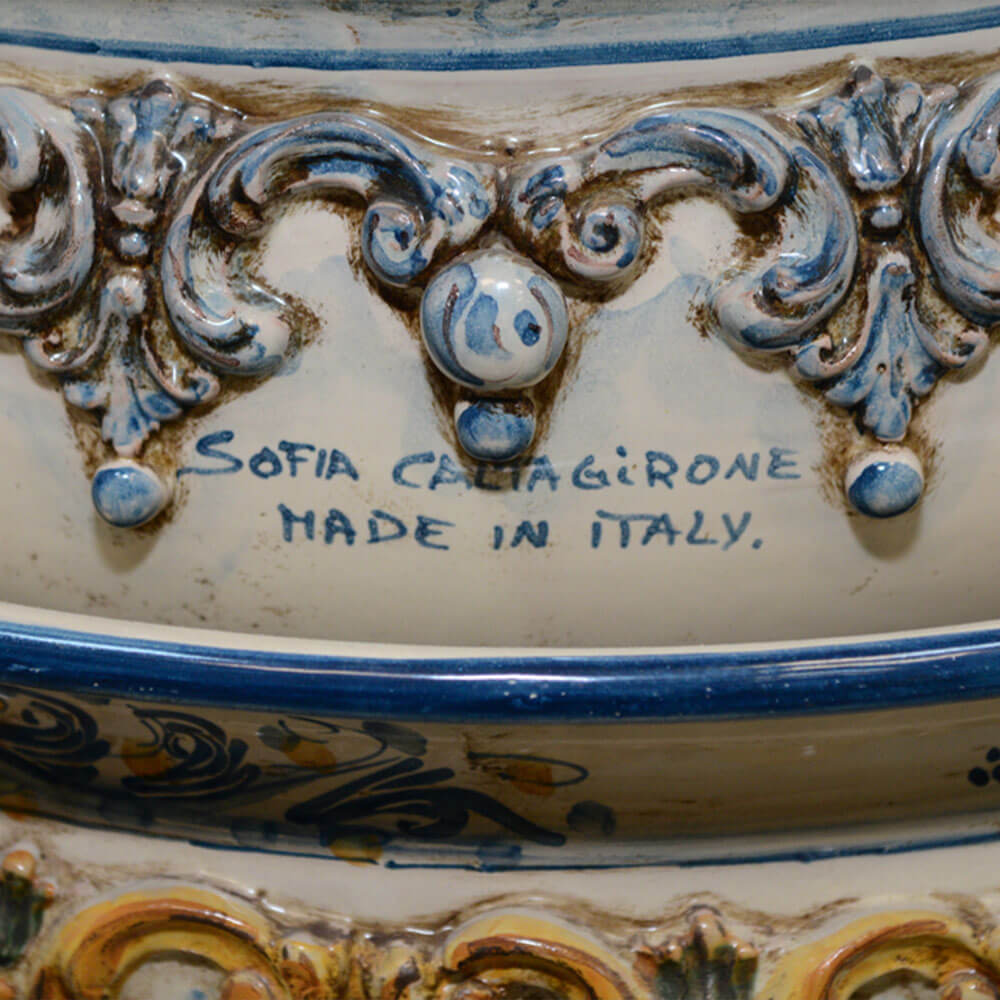
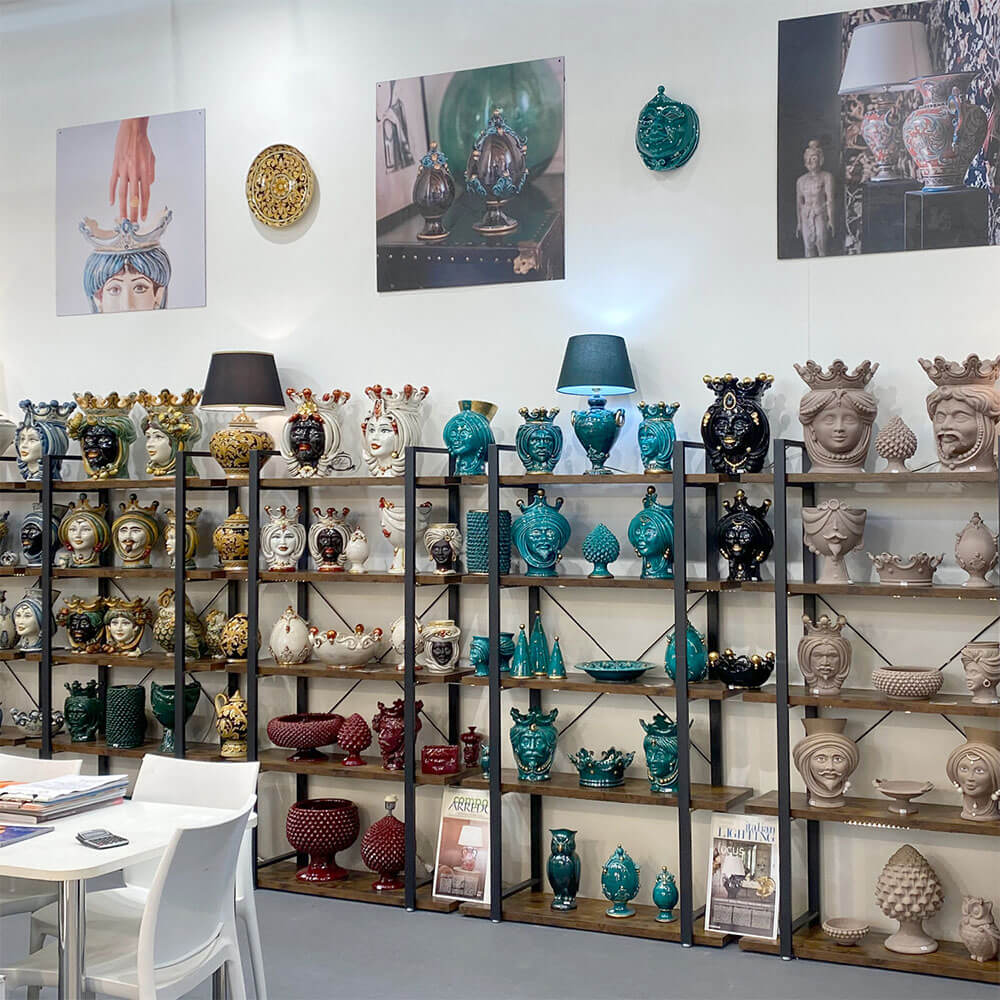
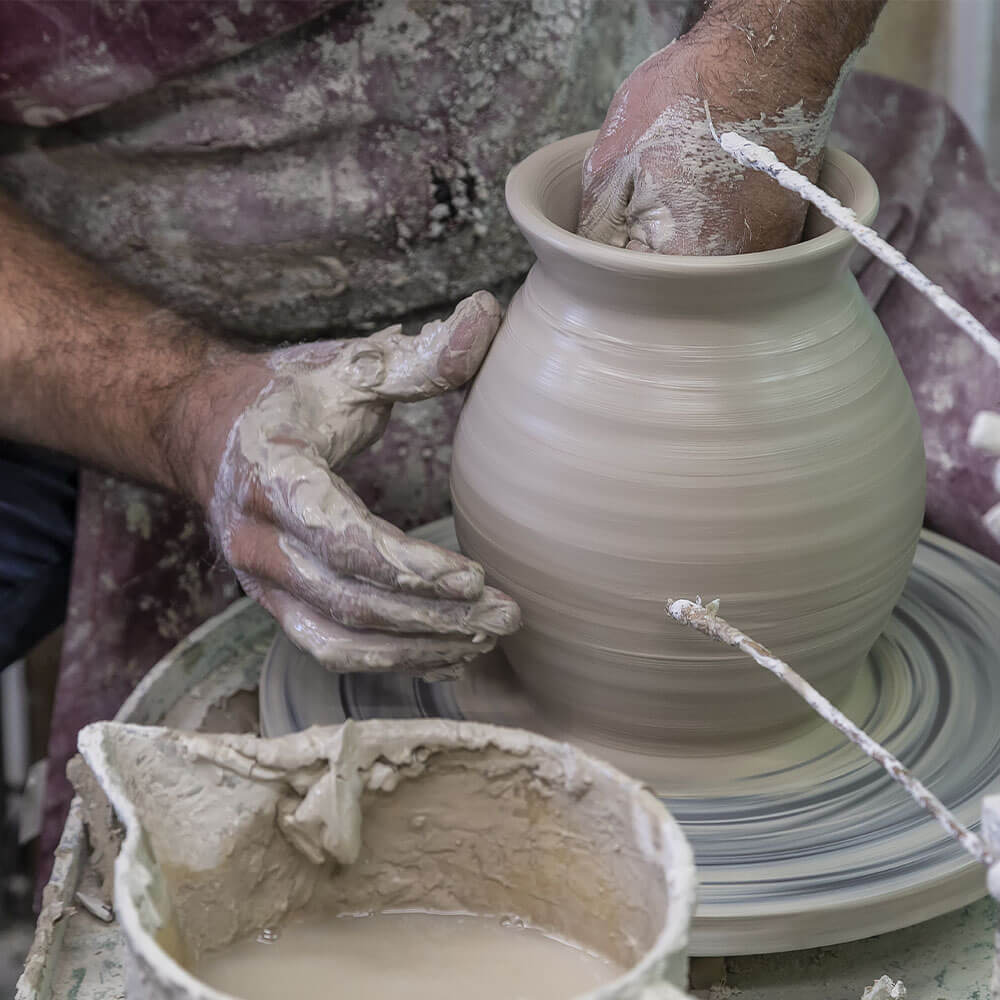

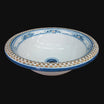









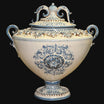

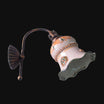

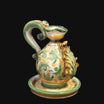


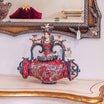
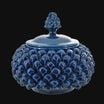

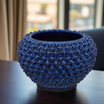
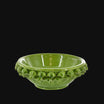




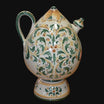

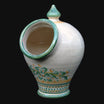






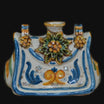
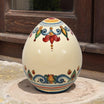





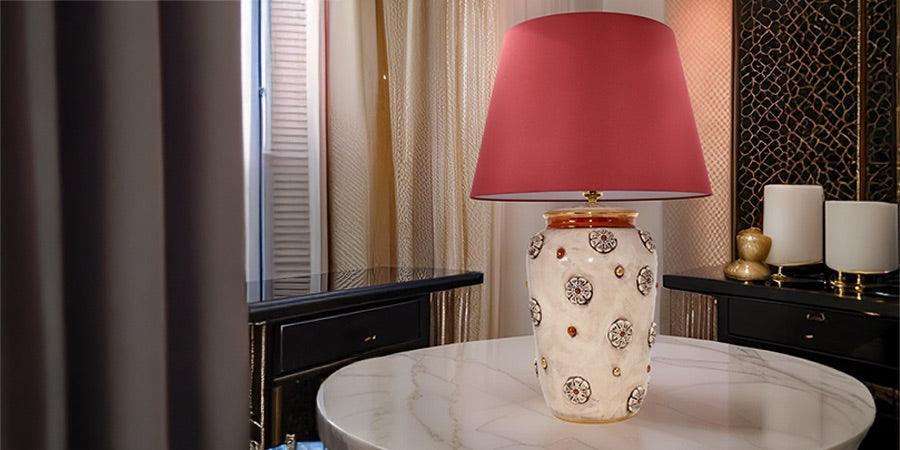



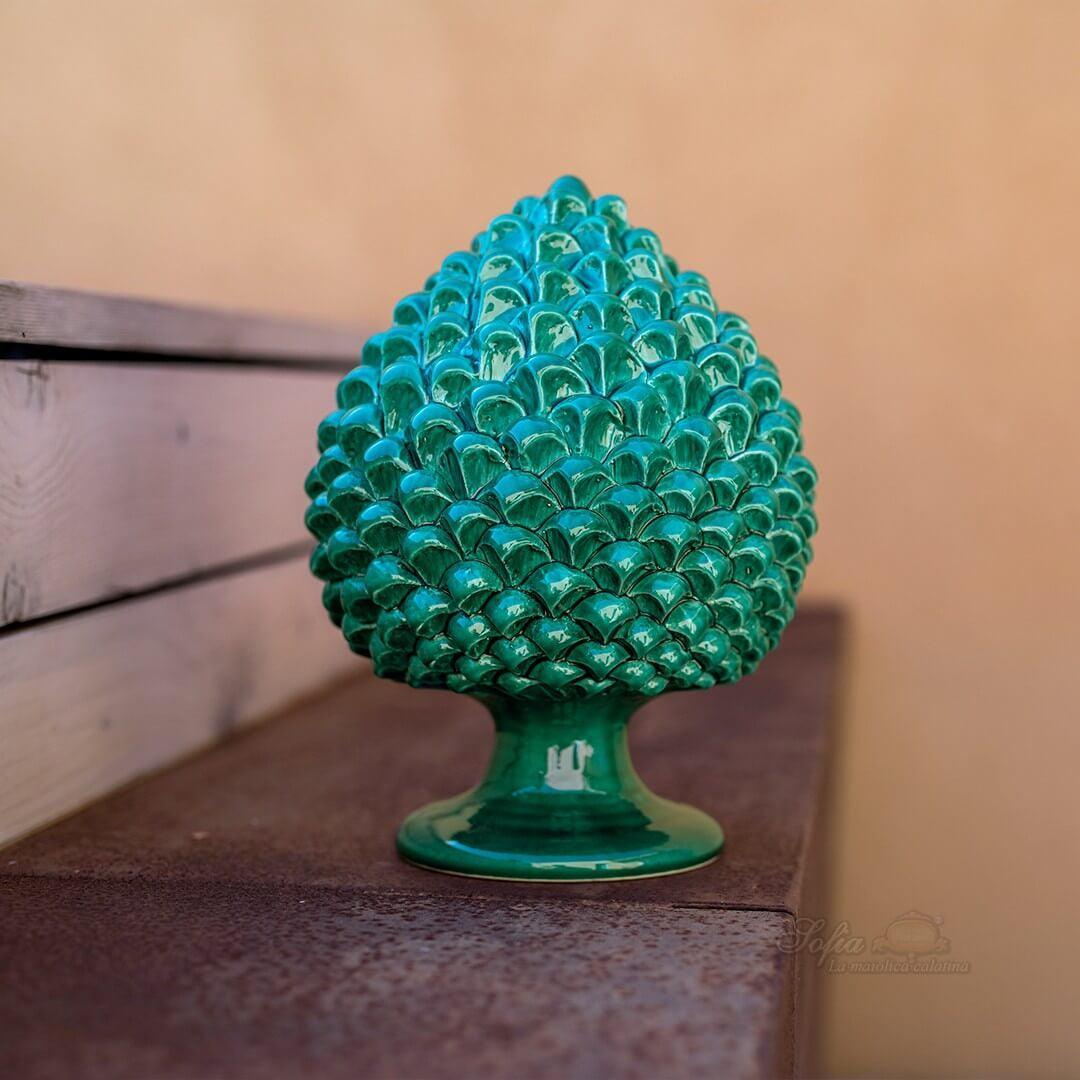





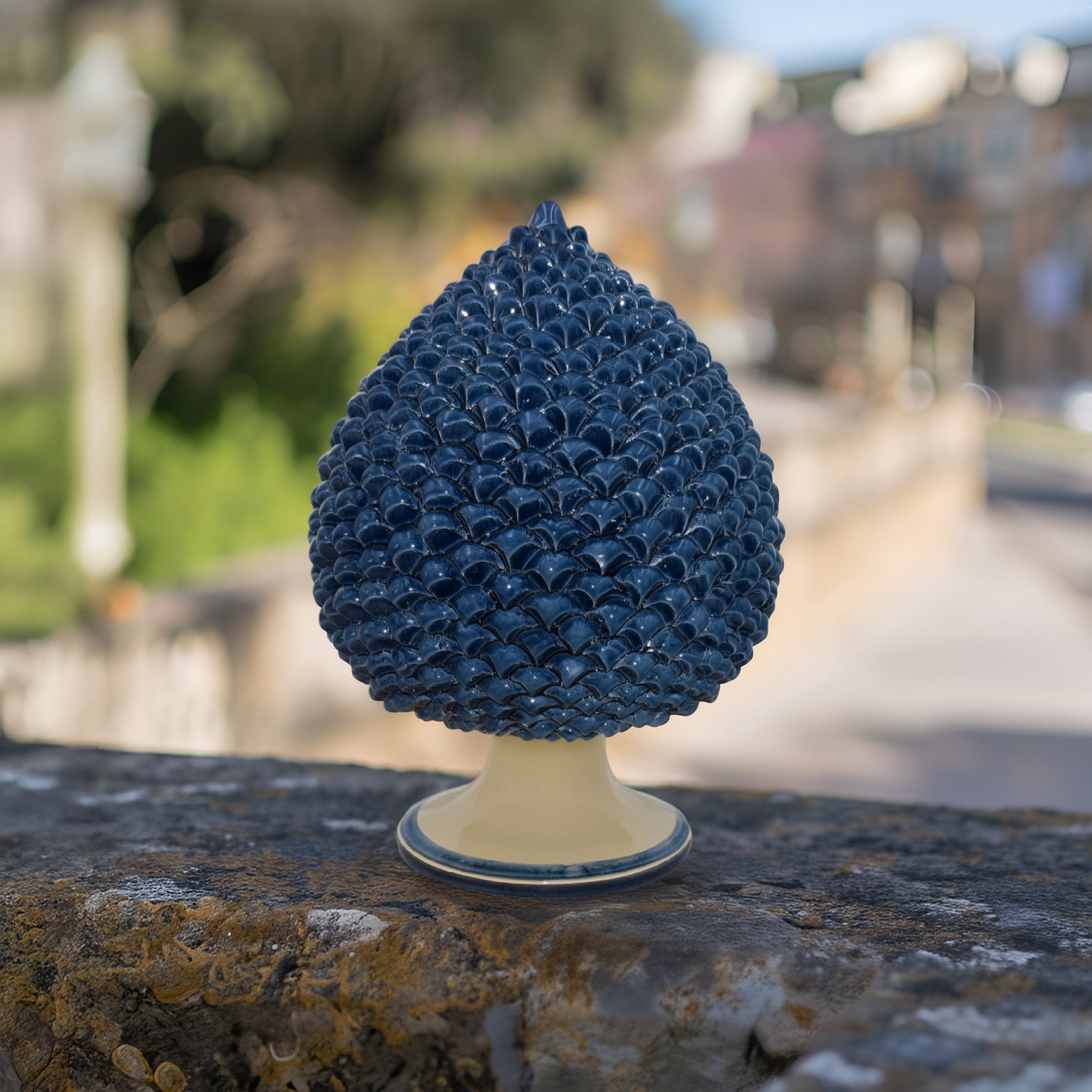
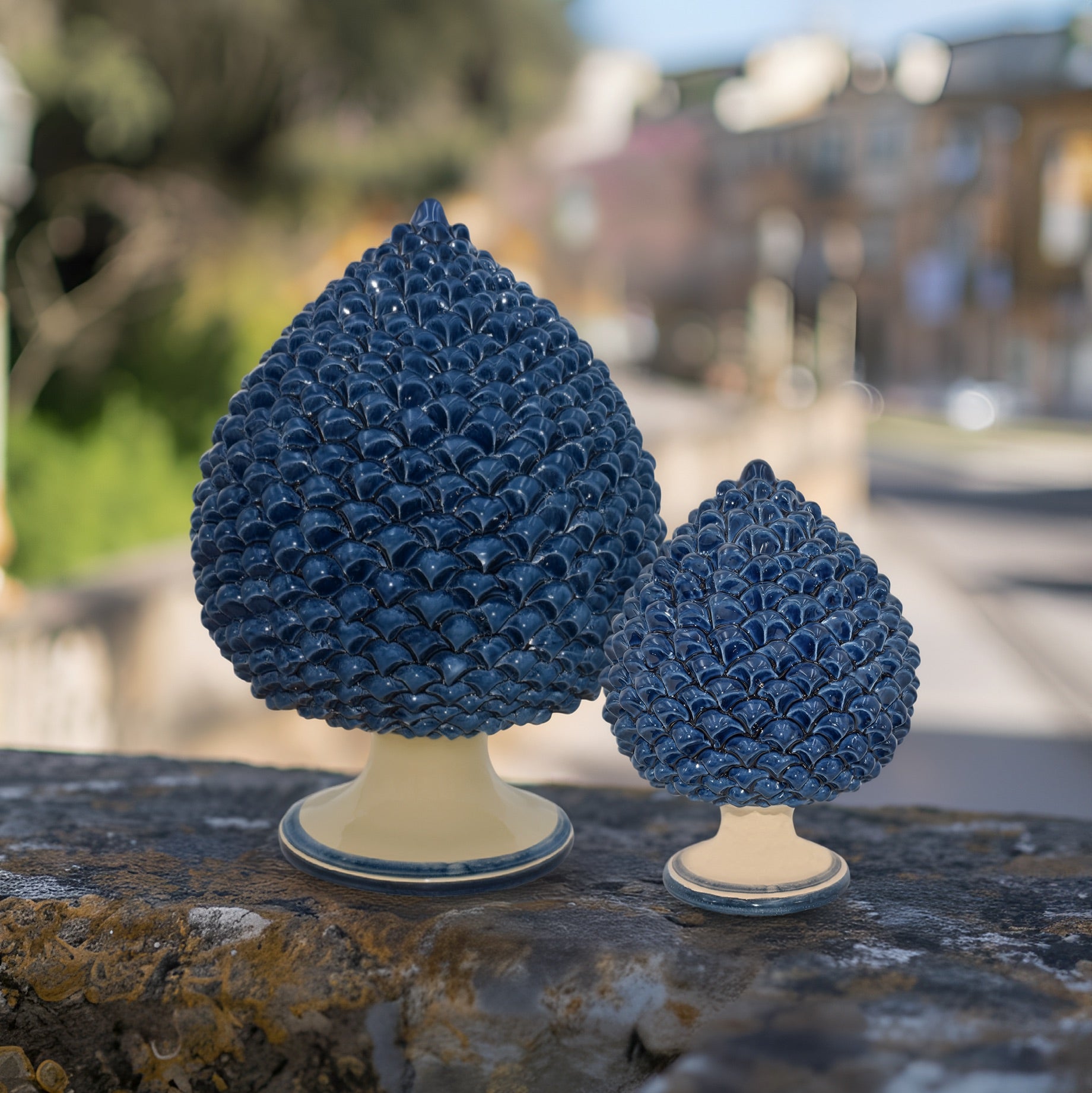




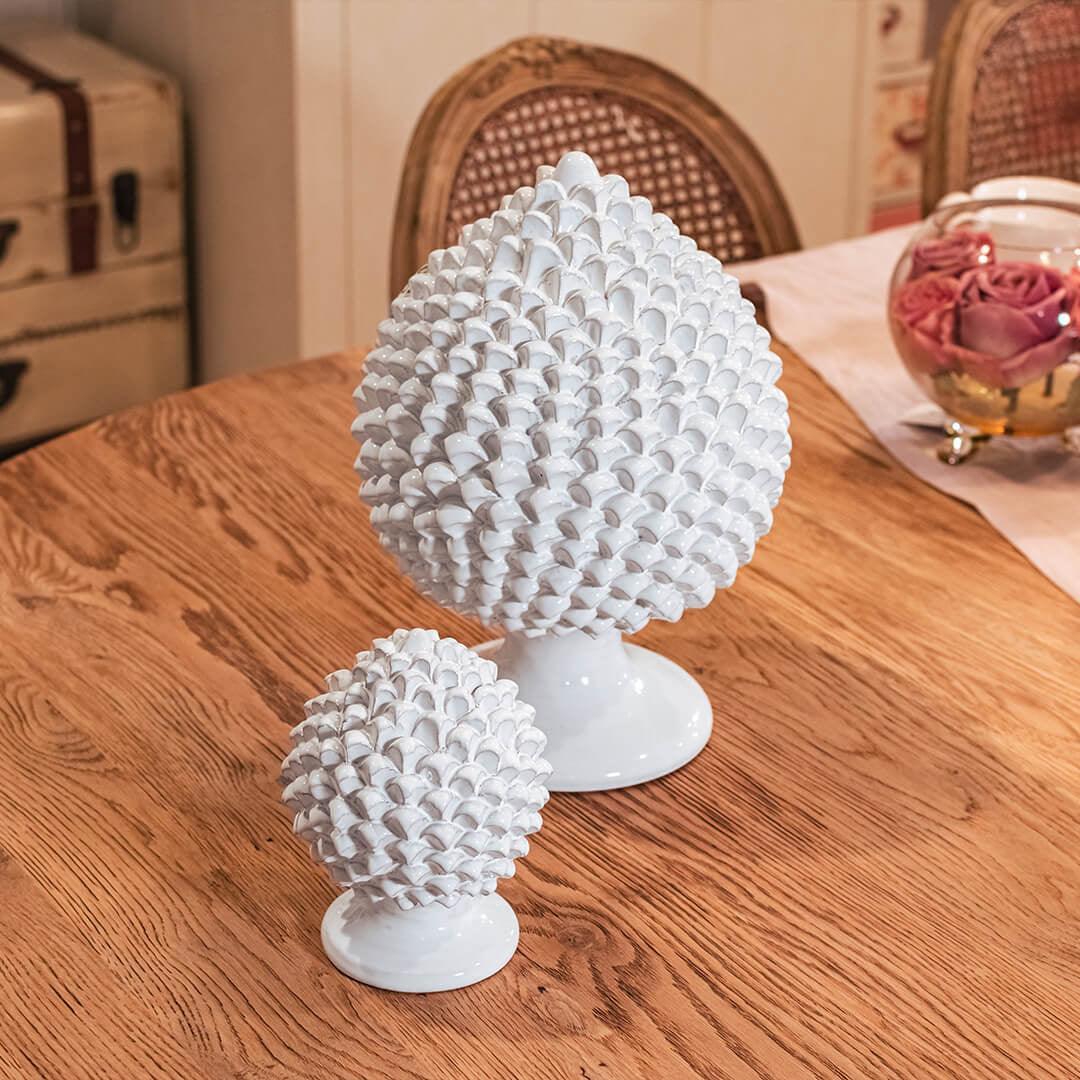
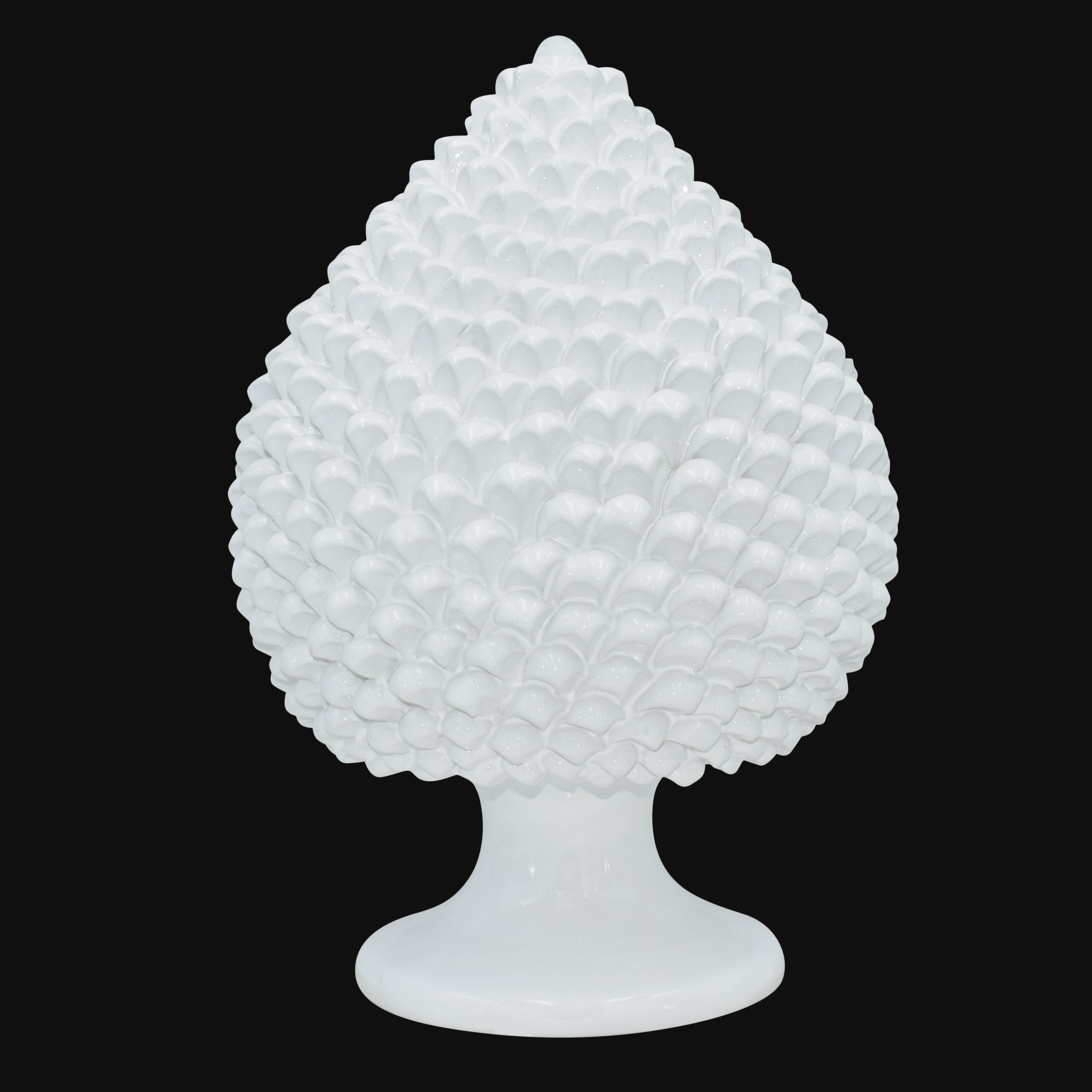



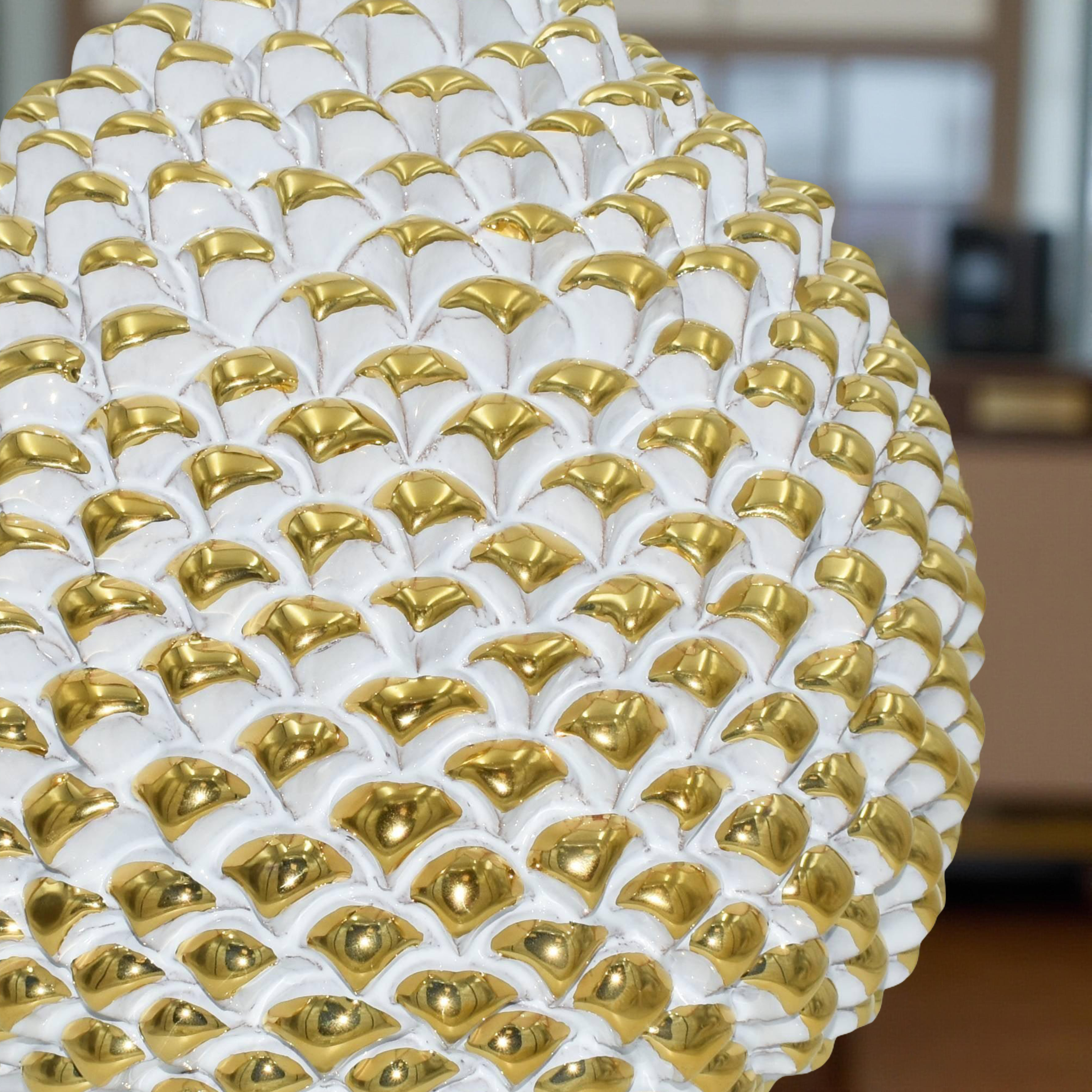


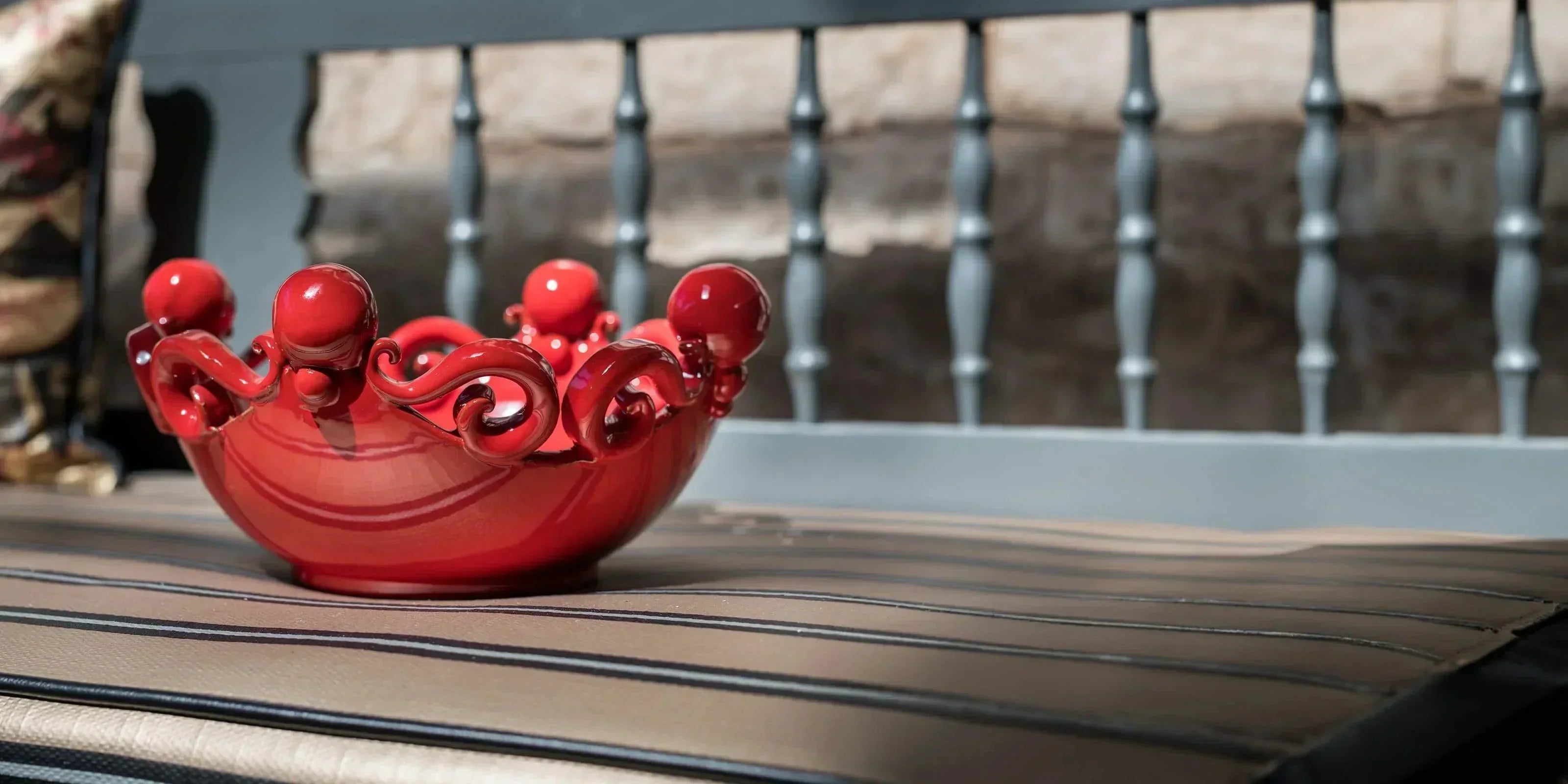

Leave a comment
All comments are moderated before being published.
This site is protected by hCaptcha and the hCaptcha Privacy Policy and Terms of Service apply.